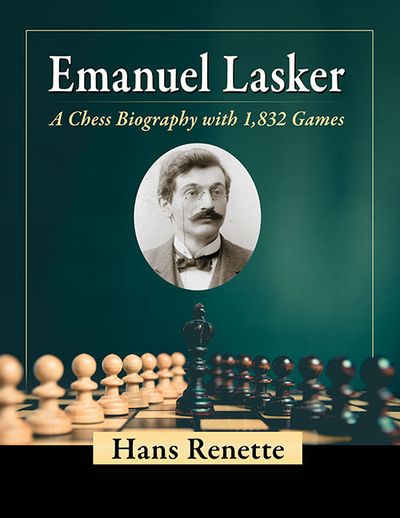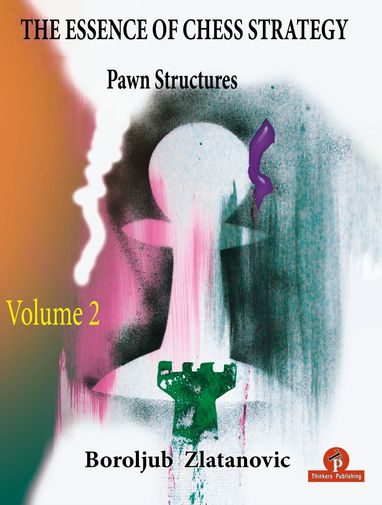Publisher: Everyman Chess, 2017, Pages: 304, Paperback
If your writer is the Dr. Jane Goodall of boring openings, then did I write a book on the Modern Defence, an exception to the norm? I’m the guy who writes books on Slav, Caro-Kann, Colle and London Systems, all openings designed to insulate the strategic-minded player from a tactical opponent’s volatility.
I’m not normally a fan of the embrace-your-weakness school, where you play an opening which is almost anti-matter to your normal style, since when we play a line which fails to suit our natural style, a part of our mind screams betrayal. The Modern Defence is one of the most complex lines in chess (completely opposite to my style), yet I have played it since my youth and for some bizarre reason, always scored well with it, unlike other experiments with complex lines like the Dragon and Najdorf.
When we abandon the openings of our youth, we become the 18-year-old who leaves his economically depressed small town for the big city, vowing to never return. Yet in the case of the Modern, I return, again and again. When I was I kid I cherished the delusion that deep inside me slept a dormant, attacking version of me, which today I realize just doesn’t exist. Somehow the Modern fits, because I’m essentially a counter-puncher, not an attacker, and in the Modern, you had better prepare to get attacked – a lot!
The Modern has become one of my forbidden pleasures. One’s viewpoint depends upon just where the observer is standing. From my perspective, playing the Modern is the same as agreeing to a lucrative business deal with a mob boss. You may make a lot of money, but on the other hand, he may put a contract on your life if he feels cheated. So if you prefer to forego the baroque splendor of tangled complications, and like to play it simple and safe, then the Modern Defence is definitely not for you (I’m sorry, but there is a strict no refund policy on this book).
There is a distressing divide between our study and our application of what we learned over the board. At first the Modern feels utterly confusing, but with practice, our understanding gels with our study. I dislike chess books where the advice given feels like it is given by a well meaning yet impractical academician. So in this one I mainly concentrate on the central aspects of my own Modern Defence repertoire, with explanations which hopefully are clear and easy to understand.
 Excerpt
Excerpt


